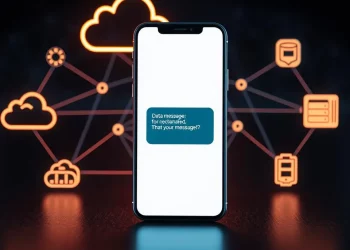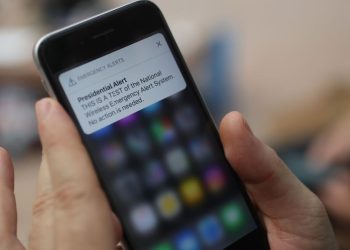In the world of modern communication, words hold immense power. A simple misspelling can alter the entire meaning of a message and create confusion. One common dilemma many people encounter is whether to use “message” or “messege” Let’s delve into this language quandary and clarify the correct spelling for effective communication.
Message vs. Messege: Unraveling the Confusion
The correct spelling is “message.” The term refers to a piece of information or communication exchanged between individuals, either in written or spoken form. Despite the prevalence of technology and online communication, misspelling “message” as “messege” is a standard error that can undermine the clarity and professionalism of your communication.
The Importance of Correct Spelling
Using the correct spelling is essential for clear and effective communication. Proper spelling ensures that your audience quickly understands your message. In a professional context, such as emails, reports, or presentations, incorrect spelling can doubt your credibility and attention to detail.
Common Misspellings and Their Impact
Messege: This misspelling is a frequent error, likely stemming from the word’s phonetic pronunciation. Unfortunately, using “messege” instead of “message” can make your communication appear less polished and potentially confuse the recipient.
How to Remember the Correct Spelling
To remember the correct spelling, keep in mind that the word “message” contains the letters “s” and “a” in sequence. This simple mnemonic can help avoid the common misspelling of “messege.”
Enhancing Your Writing Skills
Correct spelling is just one aspect of effective writing. To enhance your overall writing skills:
Proofread: Always proofread your messages, emails, and documents before sending them. This step can catch spelling errors, grammatical mistakes, and typos.
Use Tools: Leverage the spell-check features in word processors, email clients, and messaging apps. While these tools may not catch every error, they can help identify glaring mistakes.
Expand Vocabulary: Broaden your vocabulary to express yourself better and improve your writing. Reading regularly can expose you to new words and their correct usage.
The Evolution of Messaging
Messaging has evolved significantly, transitioning from traditional written letters to modern electronic communication. With the advent of technology, how we send and receive messages has changed dramatically. Text messaging, email, social media, and various messaging apps have become integral to our daily lives.
The Impact of Digital Communication
In today’s digital age, effective communication relies heavily on written words. Whether you’re conveying important information to colleagues, reaching out to clients, or engaging with friends on social media, how you spell your words can significantly influence how your message is perceived. A minor misspelling might not only lead to misunderstandings but can also impact the overall impression you make.
Professionalism and Clarity
Correct spelling is particularly crucial in professional settings. Imagine emailing a potential client or submitting a report to your boss with misspelled words. Such errors can undermine your credibility and professionalism. On the other hand, using the correct spelling showcases your attention to detail and commitment to delivering high-quality communication.
Building Language Skills
Mastering correct spelling contributes to building strong language skills. It’s essential to effective writing and proper sentence structure and grammar. Moreover, understanding the nuances of spelling helps you become a better communicator, enabling you to convey your thoughts accurately and precisely.
Tips for Avoiding Spelling Mistakes
Read Aloud: Reading your message aloud can help you catch errors your eyes might miss. This technique engages multiple senses, making it easier to identify misspelled words.
Break it Down: Break longer words into smaller segments and spell them out. This method can be beneficial for complex terms.
Use Mnemonics: Just like the mnemonic for “message” containing “s” and “a,” you can create similar memory aids for other words that you often misspell.
Language in the Digital Age
In the fast-paced digital world, where instant communication is the norm, the importance of spelling remains steadfast. While auto-correct features and spell-check tools assist, they can’t replace the value of learning correct spelling from the outset.
Correct spelling is more than just a matter of getting the letters right. It’s a testament to your attention to detail, commitment to clear communication, and respect for the language. By ensuring that you choose the correct spelling – in this case, “message” instead of “messege” – you’re contributing to effective communication and setting a standard of excellence in your written interactions. Explore text message offers today.














